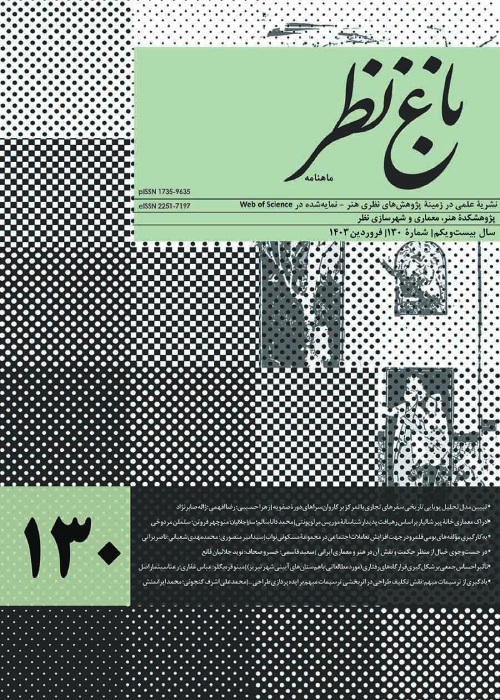The Agora and its Cultural- Social Relations in Classical Athens
The government of Ancient Athens concerned itself with many aspects of the lives of its citizens. In the pure democracy of Athens, the government was not only of the people and for the people but also by the people to a far greater extent than is possible in the large representative democracies of the present time. Because of the scope of governmental activity and the mass participation of the citizens, much government machinery and paraphernalia were needed. It is through the remaining of this machinery found in the center of civic life, the Agora, that the pure democracy of ancient Athens can be most vividly illustrated. Fortunately for us, the stone, metals, and pottery which the Athenians used are relatively imperishable; so we have much of this primary evidence to supplement and illustrate the literature and history written by ancient authors. These remainders are records inscribed on marble or lead, currency, standard weights and measures, paraphernalia of the law courts, tokens, estroca, and buildings. Perhaps the most important of these are the laws and other records carved into stone for the ancient Athenians themselves. The center of public activity, the Agora was a large open square where all citizens could assemble. It was used for a variety of functions: trading, religious processions, athletic contests, military training, theatrical performances and ostracism. Around its edges stood the buildings needed to run democracy: the Council House (Bouleuterion), the magistrates’ headquarters, the archives, mint, lawcourts, and civic offices. Boundary stones indicate that the Agora had well-recognized geographical limits. The Agora is located immediately north of three rocky heights: the Acropolis (Athens’ citadel, the sacred center and treasury), the Areopagus (the seat of Athens’ oldest and most august court) and the Pnyx (the meeting place of the Legislative Assembly). It was on the Pnyx that policies initiated by magistrates and committees in the offices of the Agora were submitted to the Athenians. These meetings were held four times a month to enact legislation, hear embassies, and deal with such matters as food supply and the defense of the country. The meetings convened at dawn, and reluctant citizens were swept up from the Agora by slaves holding the ends of a long rope wet with red paint which would mark the clothes and thus make liable to a fine anyone who lingered or attempted to evade the call of duty.In this regard, the Agora was one of the urban spaces in classical Athens. The Agora as an urban space had a main role in the social-cultural relationship among citizens in Classical Athens. How this space acted to socio-cultural interactions of the inhabitants of Athens is one of the main questions for which this paper attempts to find an answer. The present paper illustrates the significant effect that the Agora had in the cultural behaviour of the inhabitants of the City of Athens in the classical era. In other words, it analyses the functionality of this open space (square) through the Hermeneutic method, and reconstructs the social communication of Athens’s inhabitants. This research demonstrates that the Agora was formed based on the philosophical and cosmological thoughts of the residents of the Classical Athens and played a significant role in development of the cultural behaviour of the Athenians.
- حق عضویت دریافتی صرف حمایت از نشریات عضو و نگهداری، تکمیل و توسعه مگیران میشود.
- پرداخت حق اشتراک و دانلود مقالات اجازه بازنشر آن در سایر رسانههای چاپی و دیجیتال را به کاربر نمیدهد.


